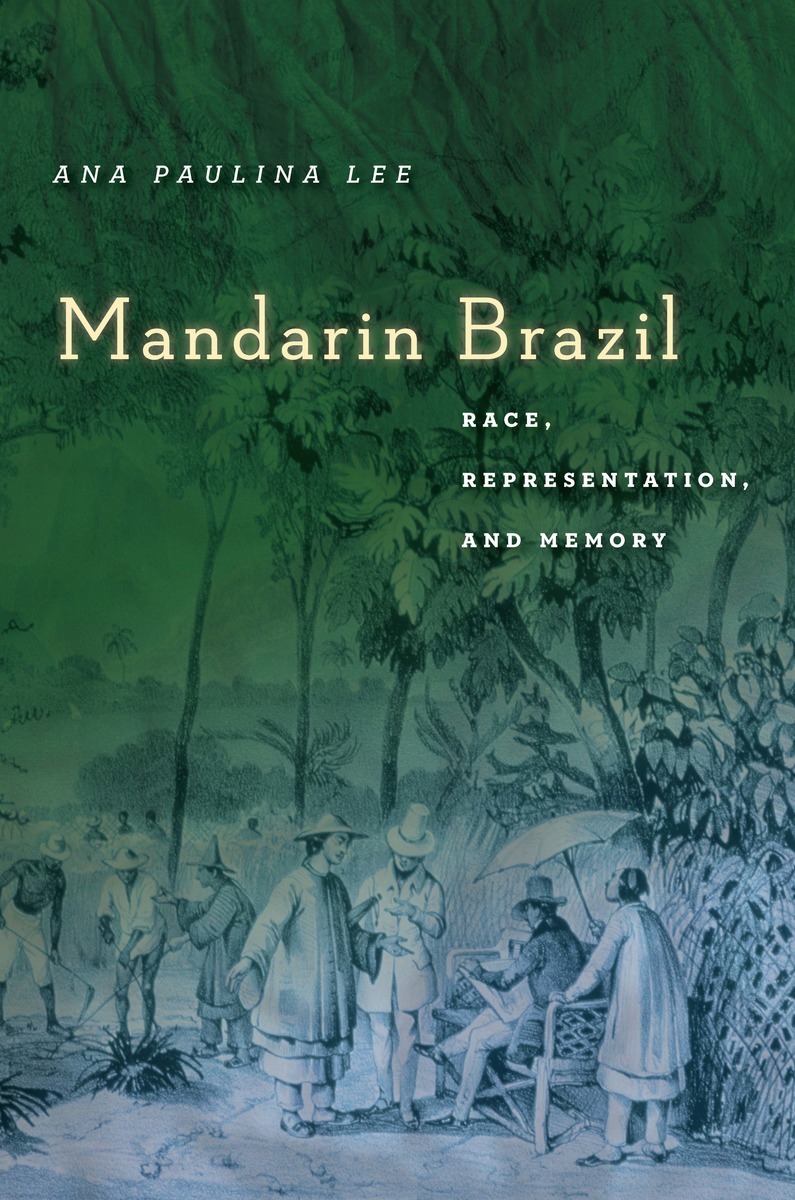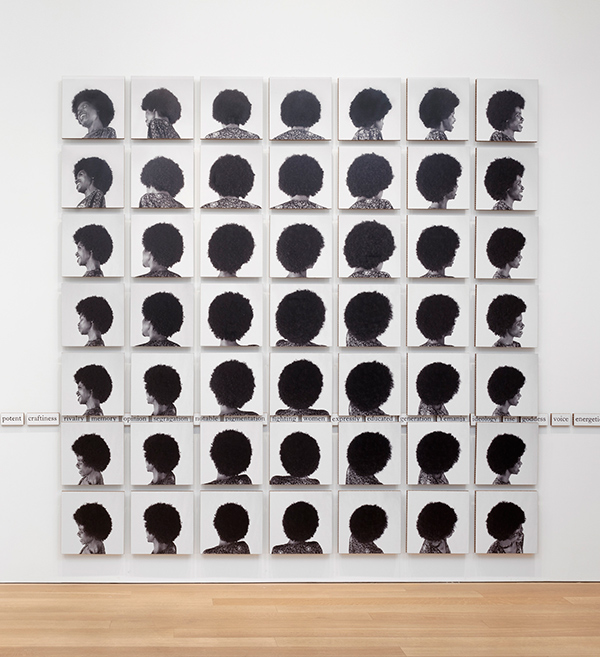Shifting Racial Subjectivities and Ideologies in BrazilPosted in Articles, Brazil, Caribbean/Latin America, Census/Demographics, Media Archive, Politics/Public Policy, Social Science on 2018-10-08 05:24Z by Steven |
Shifting Racial Subjectivities and Ideologies in Brazil
Socius: Sociological Research for a Dynamic World
First Published 2018-09-20
12 pages
DOI: 10.1177/2378023118797550
Stanley R. Bailey, Professor of Sociology
University of California, Irvine
Fabrício M. Fialho, Postdoctoral Research Fellow
Centre de Recherches Internationales, Sciences Po Paris, France
Census ethnoracial categories often reflect national ideologies and attendant subjectivities. Nonetheless, Brazilians frequently prefer the non-census terms moreno (brown) and negro (black), and both are core to antithetical ideologies: racial ambiguity versus racial affirmation. Their use may be in flux as Brazil recently adopted unprecedented race-targeted public policy. We examine propensities to self-classify as moreno and negro before and after the policy shift. Using regression modeling on national survey data from 1995 and 2008 that captured self-classification in open and closed formats, we find moreno is highly salient but increasingly constricted, while negro is restricted in use, though increasingly popular. Negro’s growth is mostly confined to the darker pole of Brazil’s color continuum. Education correlates in opposing directions: negative with moreno and positive with negro. Our findings proxy broad ideological shift from racial ambiguity to negro racial affirmation. They suggest race-targeted policy is transforming racial subjectivities and ideologies in Brazil.
Read the entire article here.







